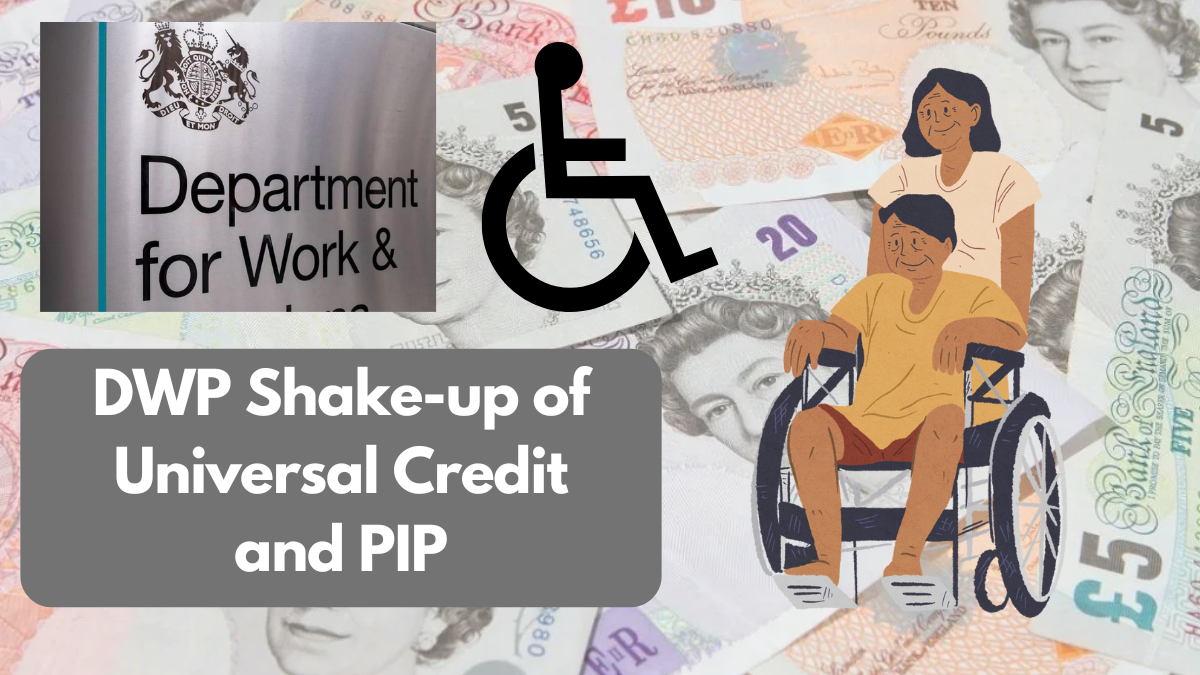The Personal Independence Payment (PIP) is a significant financial support program in the UK aimed at helping adults who face additional living expenses due to long-term health issues or disabilities. Recently, the Department for Work and Pensions (DWP) suggested reforms to the PIP system, stirring substantial concern among stakeholders, including disabled individuals, activists, and government officials. Many have criticized these changes as “harsh,” raising fears about their potential repercussions on disabled individuals.
This debate highlights severe concerns within the disabled community and the broader public regarding the future of welfare policies under the current administration. Opponents argue that these proposed changes could impose additional hardships by creating a more restrictive, less compassionate system. Meanwhile, the DWP asserts that these reforms aim to improve the support framework, encouraging employment for those who are able to work while promoting independence and equality.

The Government’s Perspective on PIP System Reform
The government, through the DWP, asserts its dedication to improving the welfare system so that disabled individuals receive fair and practical support. According to a DWP spokesperson, the government aims to legally uphold the rights of disabled people to earn fair wages and ensure that the welfare system is more inclusive and empowering.
A vital element of the proposed reforms includes addressing financial inequality for disabled people and making welfare policies more manageable. This approach, the DWP emphasizes, seeks to enable those with disabilities or health conditions to live full, dignified lives with equal opportunities, and the proposed reforms are intended to solidify these principles within the welfare system’s legal and operational framework.
Advocating for a Complete System Overhaul in PIP Reforms
The discussion surrounding the PIP system reforms has prompted a wide range of stakeholders—including disabled individuals and advocacy groups—to call for a comprehensive overhaul rather than mere adjustments. Many believe that the current structure is inherently flawed and needs extensive restructuring to meet the needs of disabled people genuinely.
Comparison of Current PIP System vs. Proposed Overhaul
| Feature | Current PIP System | Proposed Overhaul |
|---|---|---|
| Claimant Assessment | Complex and invasive | Supportive and proactive |
| Evidence Collection | Mostly claimant-driven | The government assists in evidence-gathering |
| Focus | Compliance-focused | Rights and support-focused |
| Claimant Experience | Often stressful and intimidating | Humane and respectful |
| System Vision | Eligibility and Compliance | Holistic support and independence |
Critiques of the Existing PIP Framework
The current PIP framework has faced criticism for being overly bureaucratic and burdening applicants with complex procedures to verify their disabilities. This process involves assessments that many claimants find intrusive, creating unnecessary stress and adding difficulty to their lives. Additionally, critics argue that the system seems to be structured around doubt, potentially discouraging claimants and leading to unjust denials.
Proposals for a More Compassionate Approach
Advocates for a complete redesign of the PIP system suggest drawing inspiration from models like Scotland’s approach, where authorities actively assist claimants by collecting evidence on their behalf. This method is seen as less adversarial and is designed to relieve claimants of the emotional and administrative burden, making the process more compassionate and supportive.
Advocates stress that the ideal reformed system would be:
- More Humane: Prioritizing dignity, treating claimants with empathy, and avoiding punitive measures for those facing disabilities.
- Less Burdensome: Simplifying the application process to reduce paperwork and stress for claimants, which would make it easier for disabled individuals to access the support they need.
- Supportive of Independence: Focusing on empowering disabled individuals to live independently and participate actively in society, not merely to qualify for financial assistance.
This vision calls for a fundamental shift from a compliance-centric approach to a support-driven model that aligns with the rights and needs of disabled individuals. Proponents argue that this restructured system would not only improve the well-being of disabled people but would also support their ability to contribute meaningfully to the community.
FAQs about the Proposed DWP Universal Credit and PIP Changes
1. What is the purpose of the Personal Independence Payment (PIP)?
- PIP is a UK welfare benefit designed to support individuals with long-term illnesses or disabilities, helping cover additional costs related to their conditions.
2. Why are the proposed changes to PIP controversial?
- Critics argue the proposed changes may create a more restrictive system that burdens disabled individuals, making it harder for them to receive necessary support.
3. What is the DWP’s stated goal for these PIP reforms?
- The DWP claims that the reforms aim to create a supportive system that promotes equal rights and opportunities for disabled individuals while encouraging employment for those able to work.
4. How does the current PIP system assess claimants?
- The current system requires claimants to undergo a detailed and sometimes invasive assessment process, which has been criticized for being stressful and overly bureaucratic.
5. Are there alternative models for PIP reform?
- Yes, some advocates suggest adopting models similar to Scotland’s approach, where government agencies help gather evidence, creating a less adversarial and more claimant-friendly system.
Click here to know more.

Uday, with over 10 years experience in news and content writing, has been a key member of Sinaltrainal. Editorial team consists of professional content writers and editors who manage article content on Sinaltrainal.